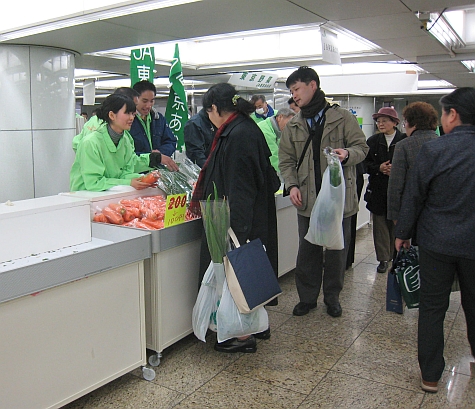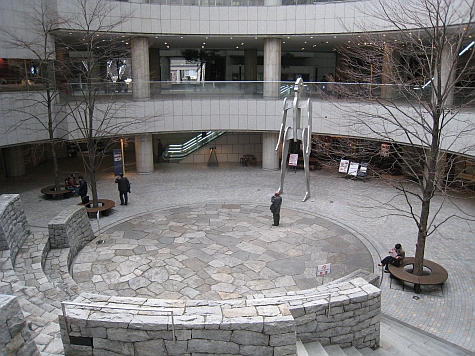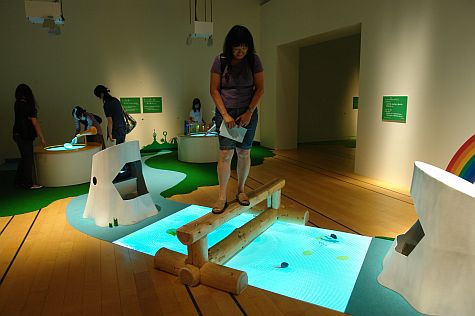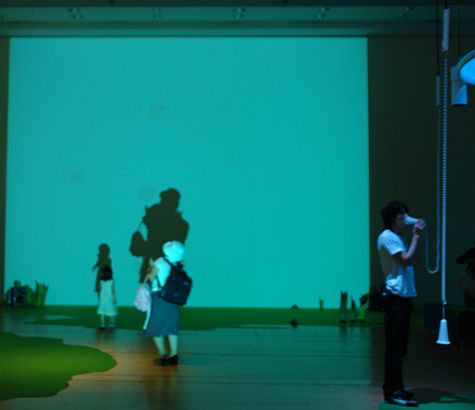Jennifer, Marja, Gary and I spent out last evening in Tokyo touring the Shinjuku area.
With all of our official duties for the week done (and the symposium continuing in Japanese), Jennifer, Marja, Gary and I went for a leisurely sightseeing trip through Shinjuku. As we changed trains at Shinjuku station, I noticed a farmers market operating in an underground space.
A short ride on the Keio New Line saved us some walking to Tokyo Opera City. Gary and I looked over the plaza from the mezzanine level while Jennifer and Marja fought jet leg with some caffeine.
We played with the toys at the NTT InterCommunications Center.
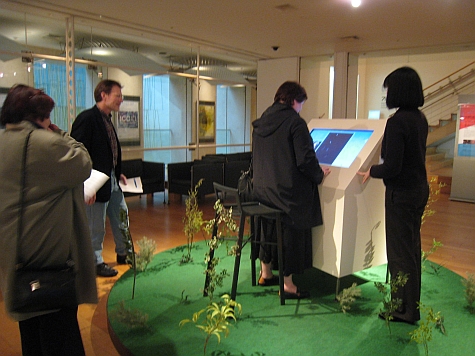 Continue reading “2008/03/07 Tokyo Opera City, NTT ICC, Tokyo Metropolitan Government Building, Shinjuku“
Continue reading “2008/03/07 Tokyo Opera City, NTT ICC, Tokyo Metropolitan Government Building, Shinjuku“

